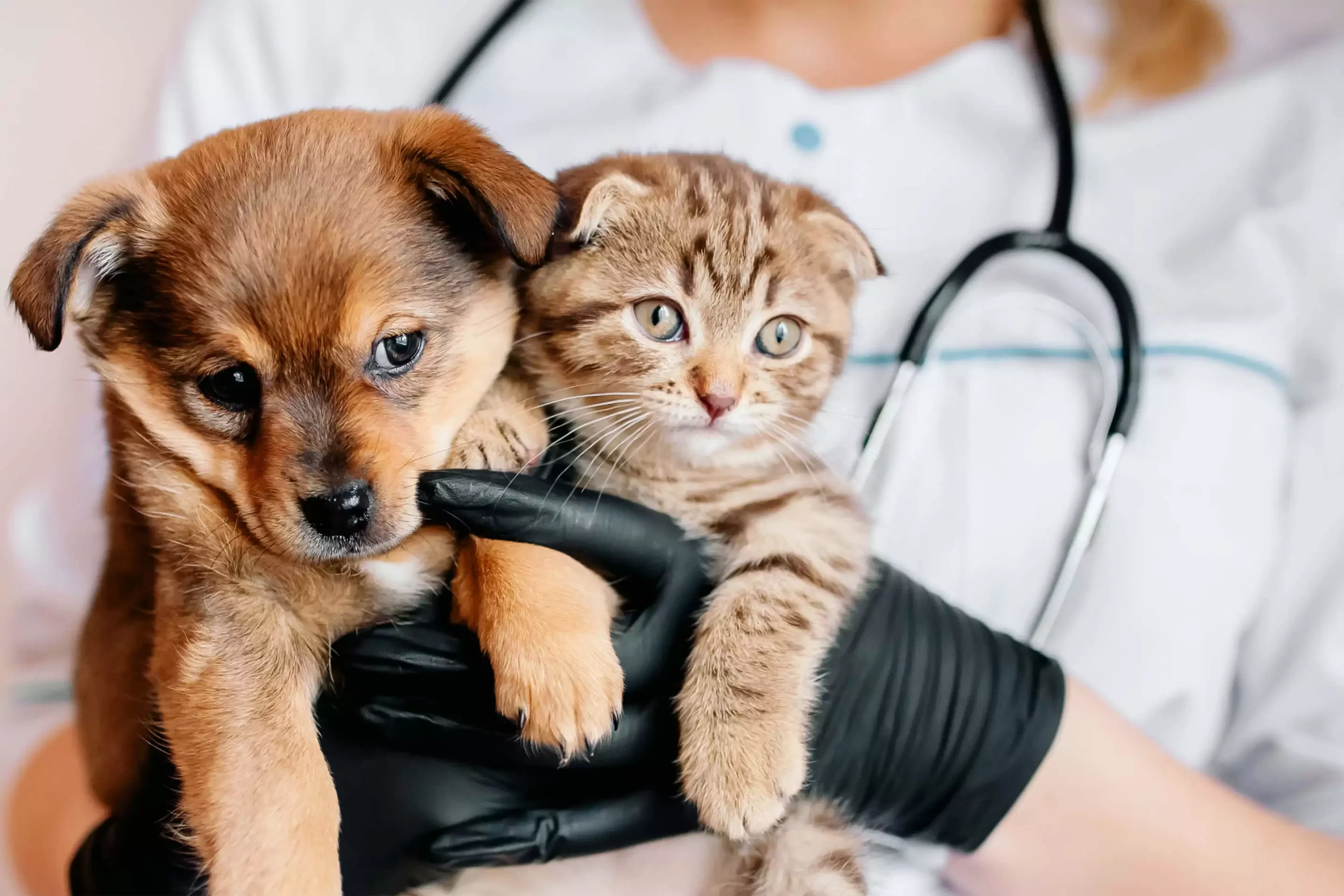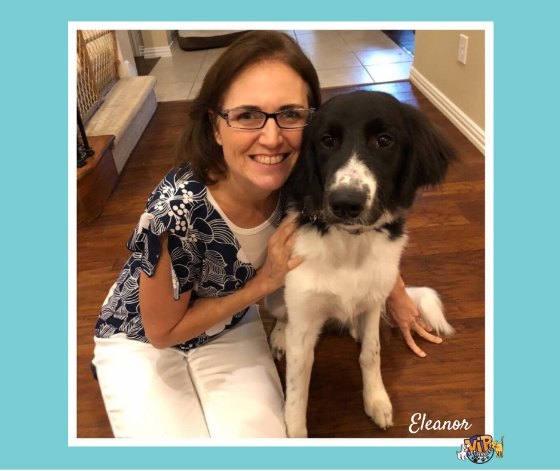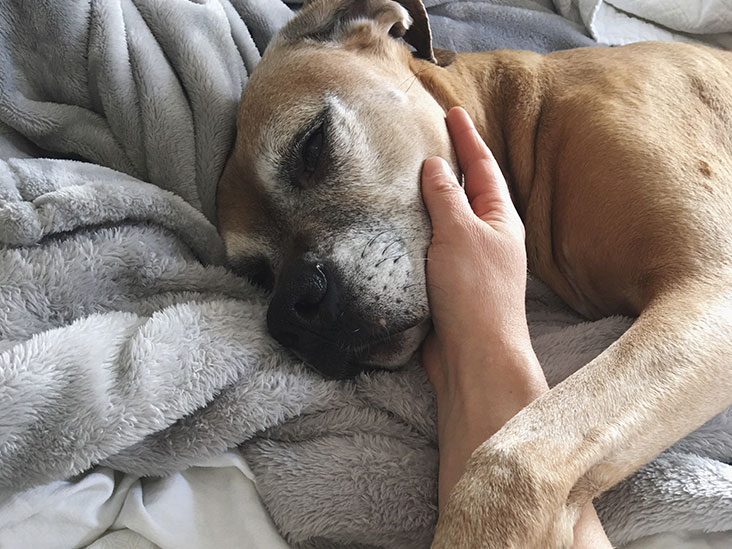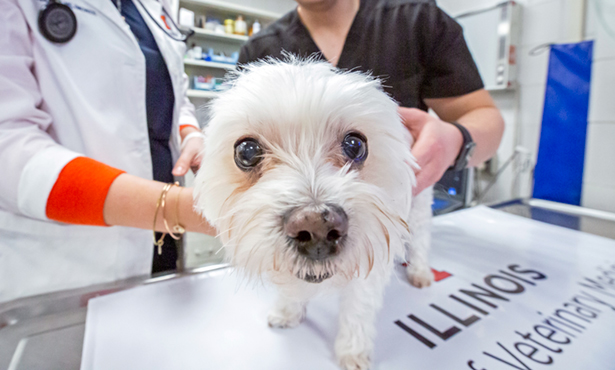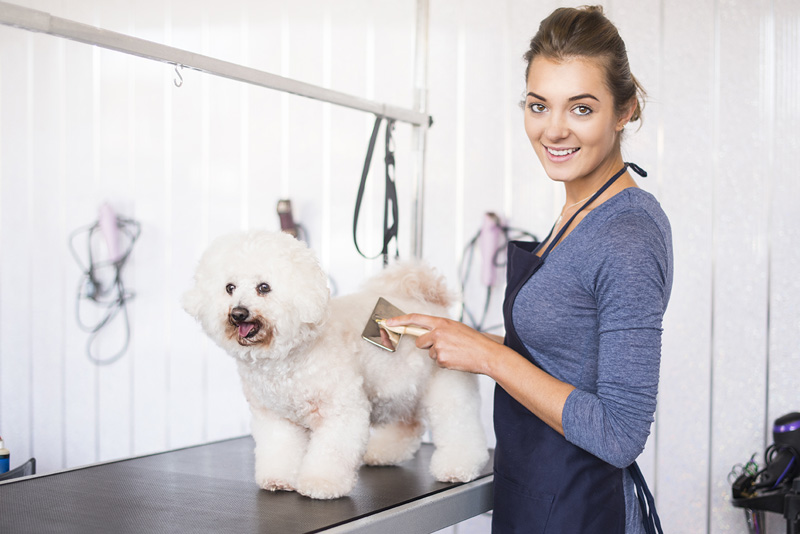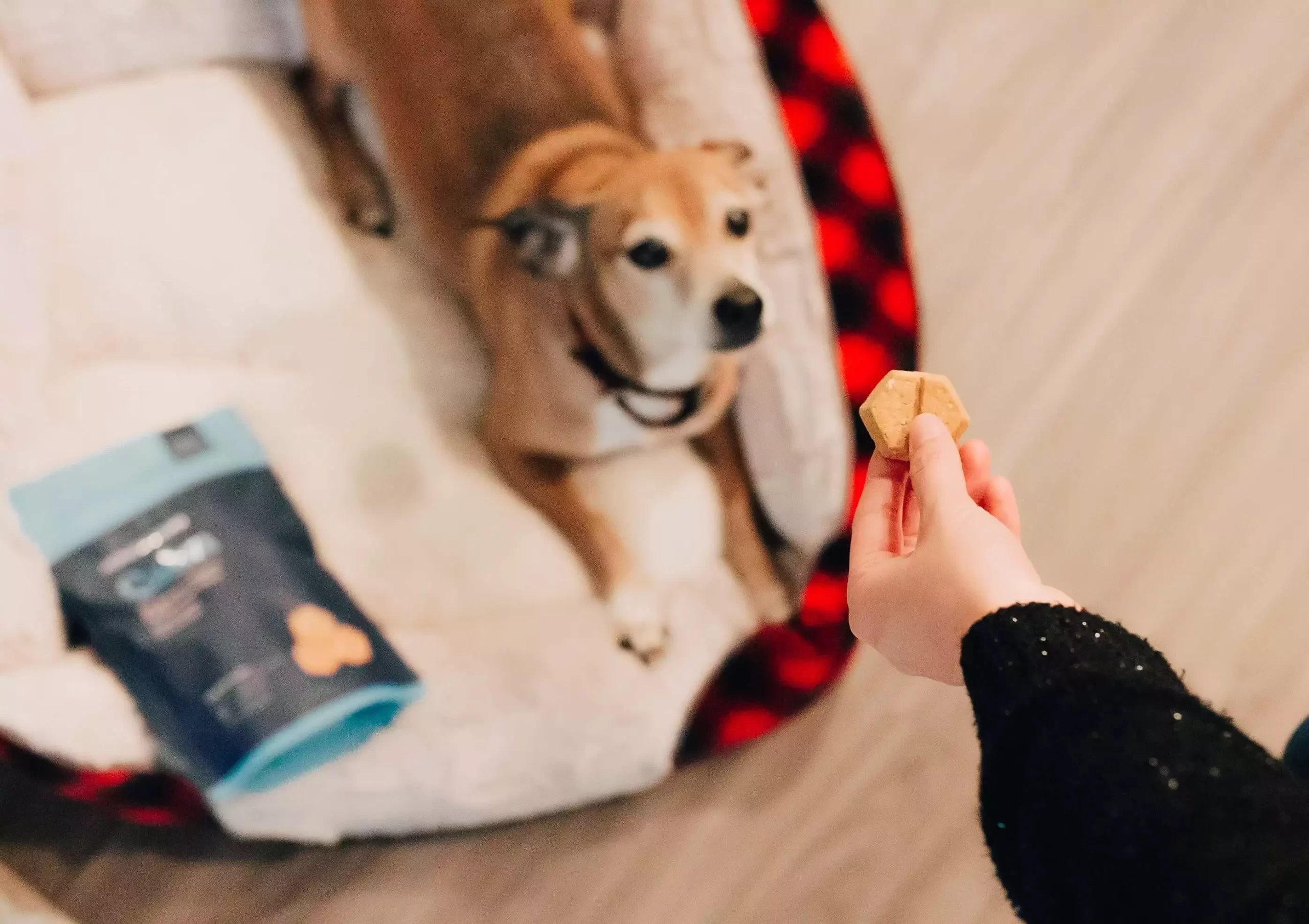You want to keep your furry friend happy and healthy as they age. That’s why you spare no expense in giving them the best of everything: the best pet food, the best chews like bully sticks for dogs, the best cat toys—you get the picture. But if you truly want your pet to live their best life, finding high-quality veterinary care should be a top priority. After all, our furry friends are not responsible for their health, and a great veterinarian could make a huge difference in the number and quality of their years.
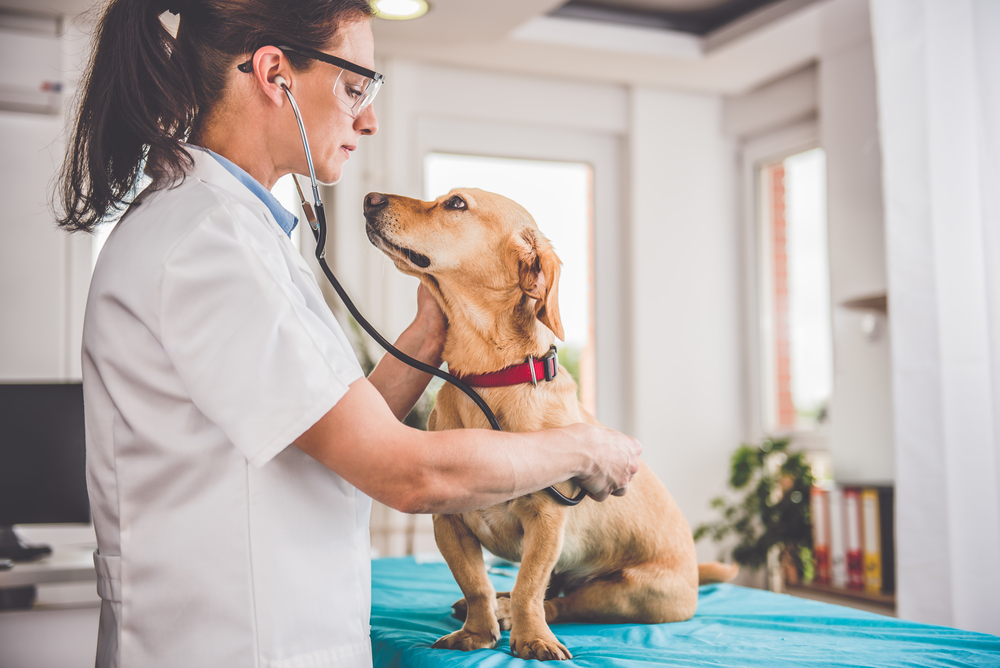
Whether you’ve moved to a new area or recently welcomed a new furry friend into your home, choosing a veterinarian can be overwhelming. To make the choice easier, here is a quick list of qualities that all good veterinarians possess:
- Good veterinarians are excellent communicators.
Good communication skills are vital in a veterinary clinic, and for good reason: Vets spend far more time communicating with people than pets. Not only do veterinarians need to diagnose the problem and come up with a treatment plan for their patients, but they also need to communicate this information in a way that the average pet owner can understand.
- Good veterinarians are great listeners.
In a similar vein, the best veterinarians always listen to what pet owners have to say. Vets may be the experts, but let’s face it—you know your pet better than anyone else. If you feel like your vet is telling you what to do instead of discussing your options and listening to your concerns, it might be time to find someone new.

- Good veterinarians are experienced enough to treat your pet.
It’s no secret that becoming a vet is a long and arduous journey filled with countless hours of studying. But just because a vet has the credentials to treat your pet doesn’t mean that they have the experience. When choosing a veterinarian, you want to look for someone who has plenty of experience treating your pet’s specific breed or species. In addition to family and friends, try asking your local breeders or breed club members for vet recommendations. Also, keep in mind that “feline-only” cat clinics are a thing, and they’re definitely worth considering.
- Good veterinarians are humble.
Veterinarians are generally well-versed in the practice of veterinary medicine, but veterinary specialists exist for a reason. If your pet is diagnosed with a medical condition, it’s perfectly natural (and wise!) to get a second opinion from a veterinarian with a distinct specialty.Your current veterinarian shouldn’t be offended by your desire to get a second opinion. On the contrary, they should express their willingness to work with a vet specialist to provide the best possible care for your pet.
- Good veterinarians are empathetic.
Our pets are our family members, and it’s incredibly stressful seeing them hurt, sick, or scared. Unfortunately, many veterinarians jump to fix the problem without expressing empathy for the pet owner and patient. Good veterinarians know how to convey empathy to make pet owners feel heard, which can lead to better medical outcomes for their pet. They might give you and your pet caring looks, lean in to listen to you, or simply acknowledge your feelings.
- Good veterinarians aren’t pushy.
Contrary to what media articles might have you believe, most independent veterinary clinics aren’t pushing unnecessary medical procedures on pet owners to meet their quotas. In fact, some experts say that upselling allegations may simply indicate a failure to communicate the value of those procedures. That said, veterinarians can still be a little too aggressive when it comes to your pet’s treatment plan. If you ever feel like you’re in a high-pressure sales environment at a vet clinic, it might be time to look elsewhere. A good veterinarian will always explain your options in an easy-to-understand manner and discuss the pros and cons so you can make the best decision for your pet.
- Good veterinarians make you and your pet feel comfortable.
At the end of the day, you should feel comfortable talking to your veterinarian about anything pet-related, from how to help your cat lose weight to choosing healthy dog chews for your pup. If you don’t feel comfortable bringing up your concerns, find a vet who makes you feel more comfortable and at ease. Don’t forget to consider your pet’s comfort as well. While some anxiety during vet trips is to be expected for cats and dogs, be on the watch for red flags such as extreme fear, aggression, or distress.
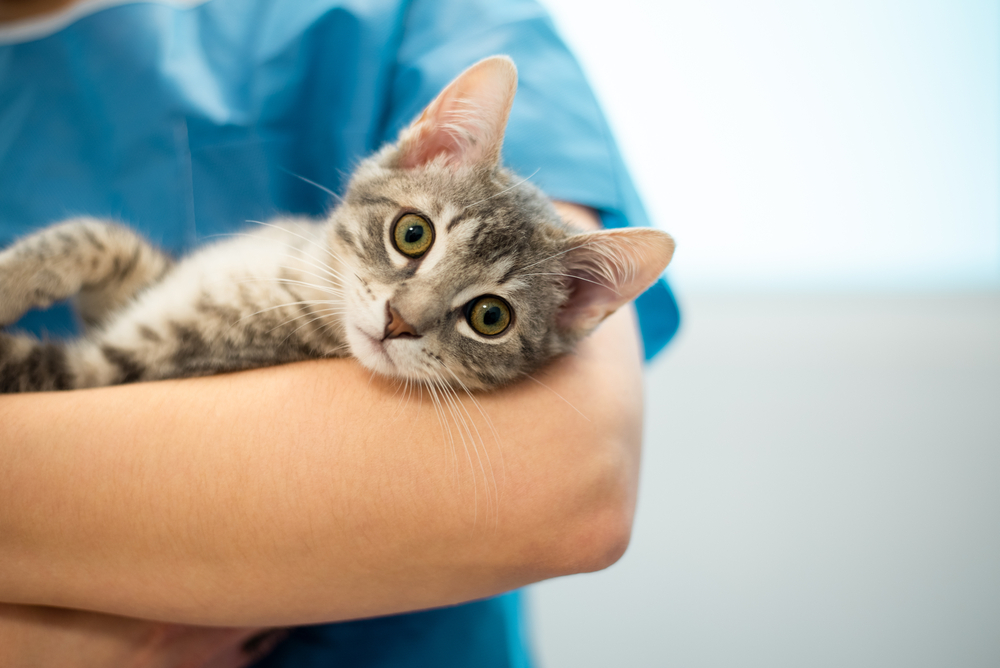
Additional Things to Look For in a Vet
- American Animal Hospital Association Accreditation – American Animal Hospital Association (AAHA) accredited veterinary clinics have met a standard of excellence in veterinary medicine and tend to operate at a higher level compared to non-accredited veterinary practices. If you’re searching for a new veterinarian and don’t know where to start, AAHA accredited veterinary practices are a good place to start.
- Special Interests or Certifications – If your pet has a condition that requires special care or treatment (for example, a heart problem or Cushing’s syndrome), you may want to consider looking for a veterinarian who has a special interest or background in that particular field of study. Veterinarians with special interests and skills may be in a better position to give your pet the special care and support they need.
- Clean, Well-Managed Facility – Not all veterinary clinics give tours, but, if they do, take advantage by scoping out the place. Does it look clean and orderly? Does the receptionist seem rushed or hurried? If possible, try to talk with some of the staff to get a better sense of how you and your pet will be treated.
Quality Pet Care Matters
With our pets living longer than ever, finding quality pet care has never been more important. A good veterinarian not only has the skills and expertise to treat your pet, but also soft skills—like good communication, compassion, and listening skills—to make you and your pet feel respected and cared for. If your current veterinarian doesn’t possess these qualities, keep looking until you find the best fit for you and your pet!

Ruth is all about pet style. She’ll help you and your furry friend turn heads with the latest trends in pet fashion.

